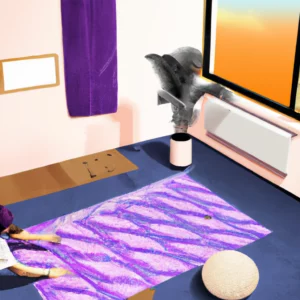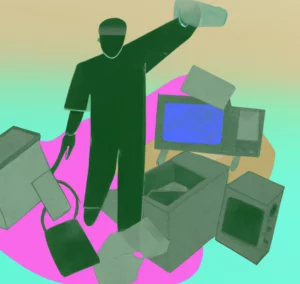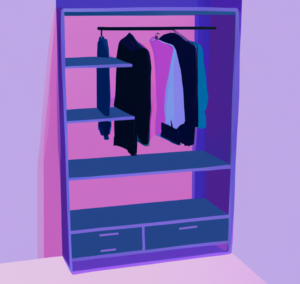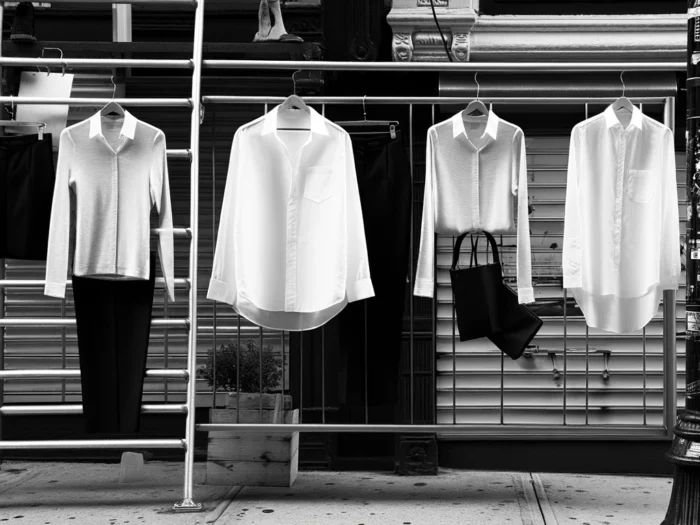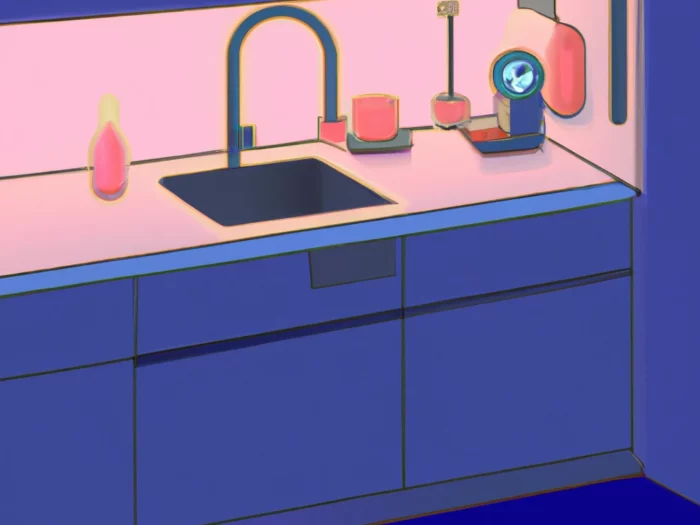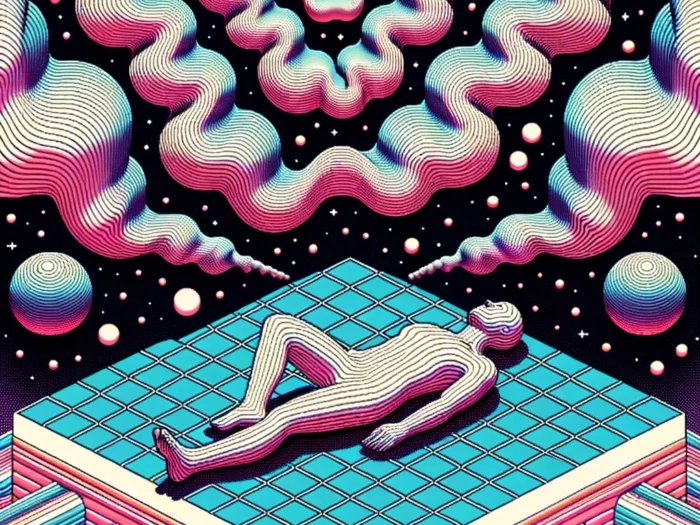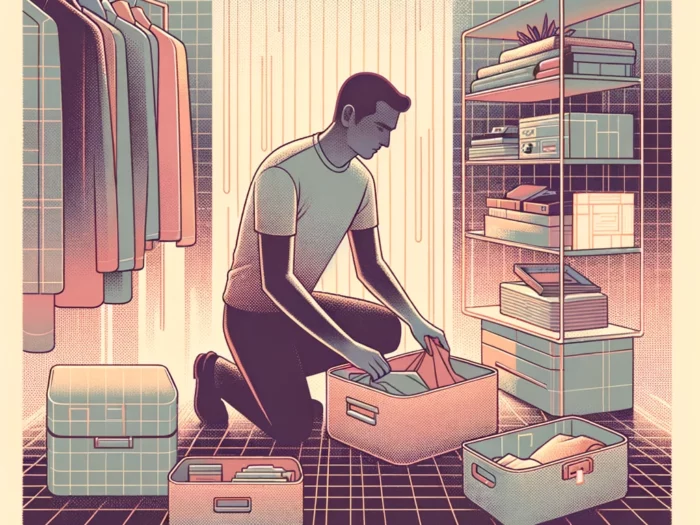
It might sound like a drastic move, but I’m in the process of getting my house ready to sell so that I can pay off consumer debt.
I’ve already packed up about 70% of my belongings, and of course, I’m getting rid of unneeded stuff as I go. More stuff will be eliminated at the unpacking end, too.
Let’s talk about the financial end of this decision. If I get within $5,000 of the asking price for my house, $229,000, I’ll wind up with somewhere between $40,000 and $55,000 in income after the sale.
Selling My House Will Rid My Debt
Okay, now let’s break down my debt. It’s not much compared to just a year ago. I eliminated about $30,000 in debt by refinancing my house last spring. Currently, beyond my mortgage, I only have two major debts:
- A personal loan: Currently at $26,000, $500 per month
- An auto loan: Currently at $15,000, $265 per month
- Total: $41,000, $765 per month
The worst case scenario at $40,000 would erase the personal loan, reducing my debt by $26,000 and increasing my monthly cashflow by $500 month. I’d be left with $15,000 to pay down part of the auto loan and make a small down payment on a new real estate investment. (Keep reading to understand why I’d make a small down payment.)
At the upper end, I could easily pay off both the personal loan and the auto loan and still have more than $10,000 for a down payment on another property. Is this making cents yet?
Why a Small Down Payment?
Some people have suggested that I make a larger down payment on a new property and pay off less of the debt. However, I don’t see the logic in that for a couple of reasons:
- Cashflow: I’ve done the math. The only downside to a smaller down payment is mortgage insurance. That would increase my monthly house payment by about $200. For a $200,000 property, that would make my payments about $1300. That’s $200 more than I’m currently paying. But I’d have less outgoing cash by eliminating the personal and auto loans, ($500-$765). If I were to put 20% down and not pay off the other debts, My mortgage payments would drop to about $900, but I’d still have up to $765 in other monthly bills. Making cents yet?
- Uncertainty: Life is uncertain. So is the real estate market. Say I put $40,000 down and the market crashes next year. Then I lose my job and have to sell, but the house only sells for $160,000. I’ve just lost $40,000. That would suck!
Turning Plans into Reality
Here’s where the rubber meets the road. I have to make my plans on paper into a reality. There are a few potential problems:
- Problems with the sale: My house is in pretty good condition: New paint, newer roof, central heating and air, and no electrical or plumbing issues. And currently there are houses that are less desirable than mine going for $210,000 and up. So I can’t see the price tanking or the property going stale. The only downside to my property is that it’s on a semi-busy street, making it slightly less desirable. But the inventory in my region is very low right now. So it should sell for close to the asking price.
- Lack of available properties: I’ve been keeping an eye on the market and even looking at a few potential properties. There’s a chance I could work out a contingent deal with another party and just go from this house to the next. However, with limited inventory, renting might become a temporary requirement.
Both of these problems could rear their heads, but it wouldn’t be the end of the world. I’d still be able to eliminate debt, which is the primary goal here.
Keep checking back for the status of my homeowner’s (or not) journey.





